Beyond the Lump
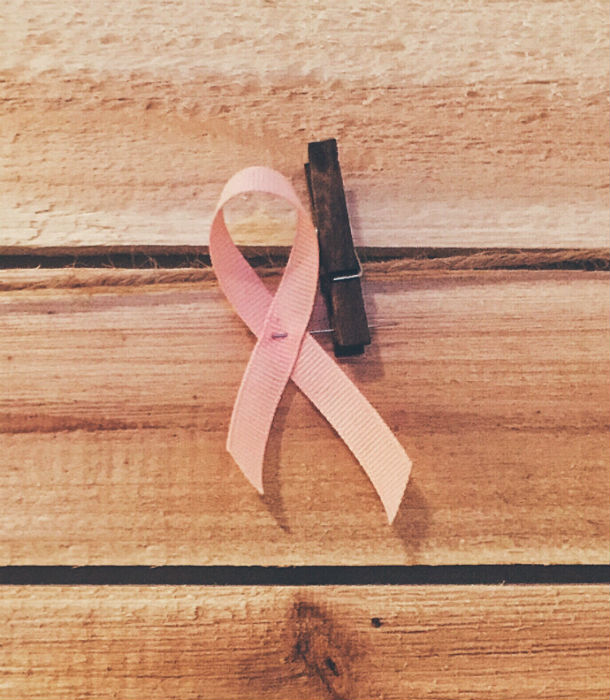
If you've ever paid a visit to a gynecologist, chances are you've felt up one of those fake breasts that contains a lump somewhere within. And if you've ever felt up one of those fake breasts, you wouldn't be alone if you've had trouble finding the lump. Either way, you're probably aware that you need to do regular breast self-examinations and let your doctor know if something feels lumpy or otherwise not quite right.
That's not all you should be doing, though—not by a long shot. According to Cancer.org, more than 250,000 new cases of invasive breast cancer are diagnosed in women each year, and while lumps are alarming, they're hardly the only determinant that something isn't right. Read on for more breast cancer risk factors worth discussing with your doctor.
Family History

If your mom, sister or daughter has or has had breast cancer, your risk of a similar diagnosis doubles. If two of any of those relatives have breast cancer, the chance you'll be diagnosed increases by five. Talk to your doctor about being tested for the BRCA1, BRCA2 or CHEK2 genes, which, according to BreastCancer.org, can be significant factors in developing the disease.
Age
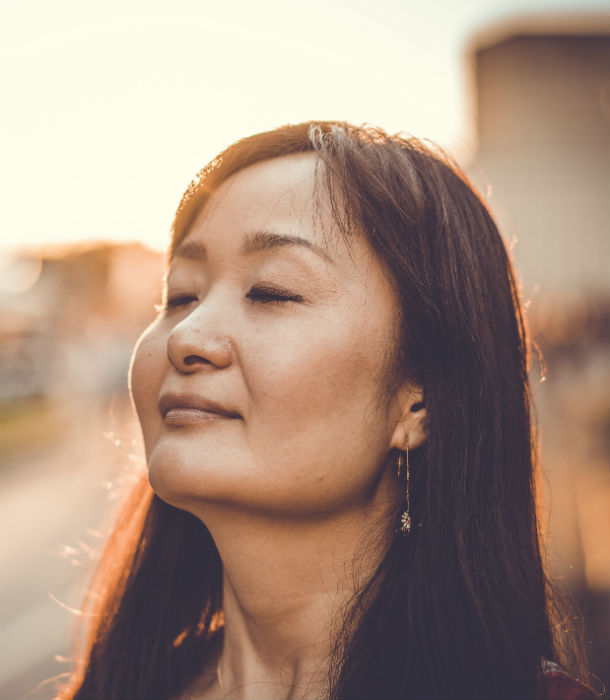
The Susan B. Komen Breast Cancer Foundation says it quite plainly: "Age is an established risk for breast cancer." Women under 40 are less likely to get it than women over 70. The median age for women with breast cancer is 62, although that number changes based on ethnicity and race.
Men

Breast cancer in women receives much more attention than men, but that doesn't mean it can't happen. One percent of all breast cancers in the United States occur in men, according to Komen, with the chance of it happening 1 in 1,000 (compared with 1 in 8 for women). However, men tend to wait longer to seek help if they find a lump, which can mean they're less likely to be cured.
Breast Density
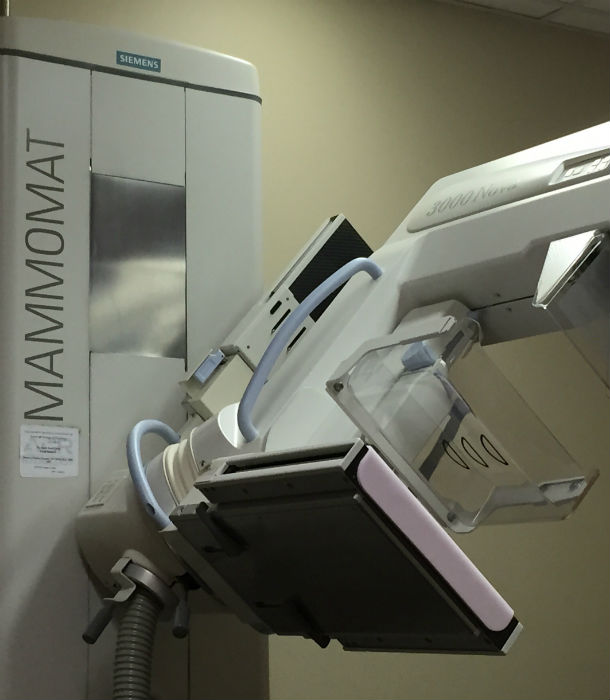
Women with dense breasts are six times more likely to develop breast cancer, according to BreastCancer.org. And breast density is often inherited, which means if your mom's breasts were dense, chances are yours are, too. Mammograms are one way to measure the thickness of breast tissue, although your doctor may determine that additional screenings, such as MRIs or ultrasounds, could also be necessary.
Menstrual History

If you got your first period before age 12, you'll have a higher risk of breast cancer later on. Hand-in-hand with menstruating is developing breasts, so if they're forming earlier, "they're ready to interact with hormones inside and outside your body, as well as with chemicals in products that are hormone disruptors. This longer interaction with hormones and hormone disruptors can increase risk," according to BreastCancer.org.
Birth Control Pills
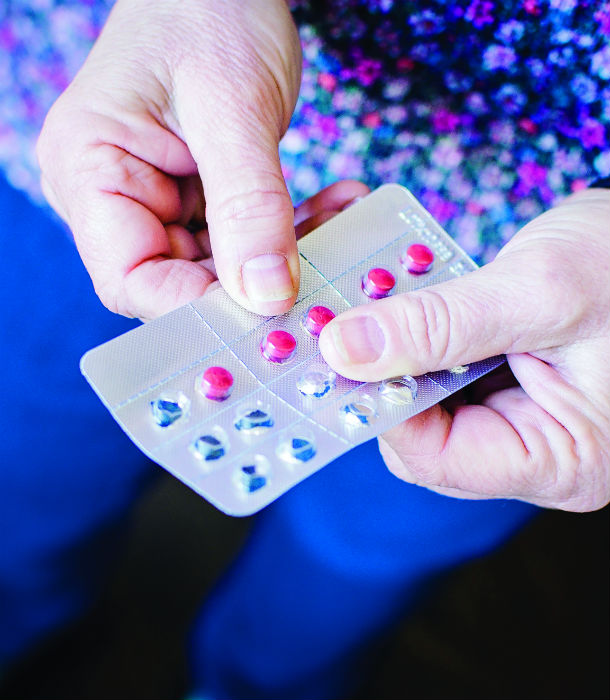
Oral contraceptives (otherwise known as the pill) contain synthetic forms of estrogen and progesterone, which, according to MD Anderson, changes a woman's hormone levels—and that can trigger breast cancer. The good news is the increased risk is only slight, and temporary, and it goes back to normal five years after going off the pill. (The pill can also protect against other forms of cancer, which makes it doubly worth a discussion with your doctor.)
Alcohol

The American Institute for Cancer Research does not mince words: "Drinking just one glass of wine or other alcoholic drink a day increases breast cancer risk." A study released in Spring 2017 that had data on 12 million women found "strong evidence" that a drink each day upped the increase of pre-menopausal breast cancer by 5 percent and post-menopausal breast cancer by 9 percent.
Not Having Children
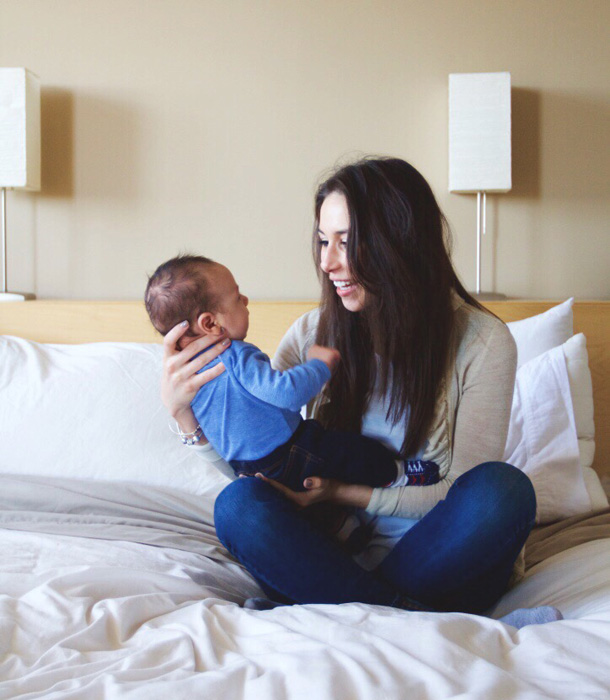
Women who give birth and breastfeed have a lower risk of breast cancer than women who are childless. Everyday Health says that's because pregnancy and lactation interrupt ovulation and "this alteration in the hormonal environment reduces breast-cancer risk somewhat."
Later Pregnancies
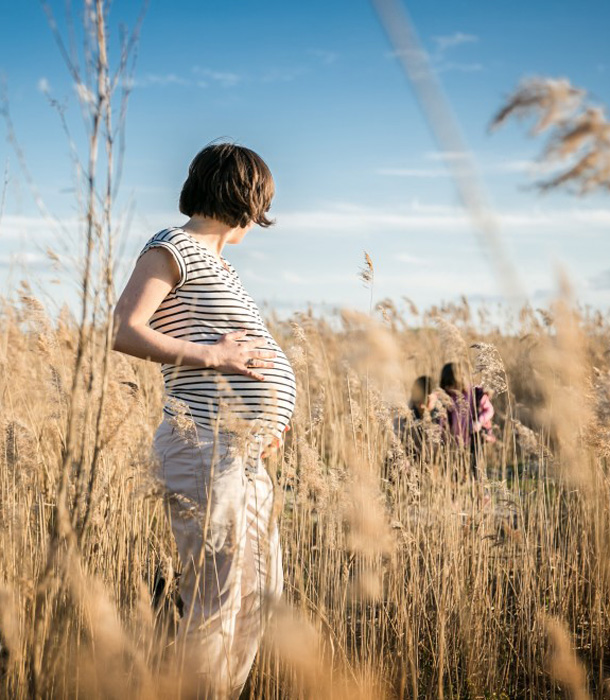
The Komen organization says women who become biological moms younger than 35 "tend to get a protective benefit from pregnancy" compared with women who give birth when they're older. Breast cells grow at a higher rate during pregnancy, and if there's any "genetic damage in the breast cells, it is copied as the cells grow"—and those cells can lead to breast cancer because genetic damage increases with age.
Obesity

The National Institutes of Health says obesity in post-menopausal women has been "positively associated with risk" of estrogen receptor-positive breast cancers, making them 30 percent to 60 percent more likely to develop the disease than if they were slimmer.
Later Menopause

Age 50 is when many women's ovaries cease to release eggs. For women who start menopause later, though, the increased exposure to higher levels of hormones like estrogen for longer periods of time gives them a higher chance of developing breast and uterine cancers, according to Cancer.net.
Physical Inactivity
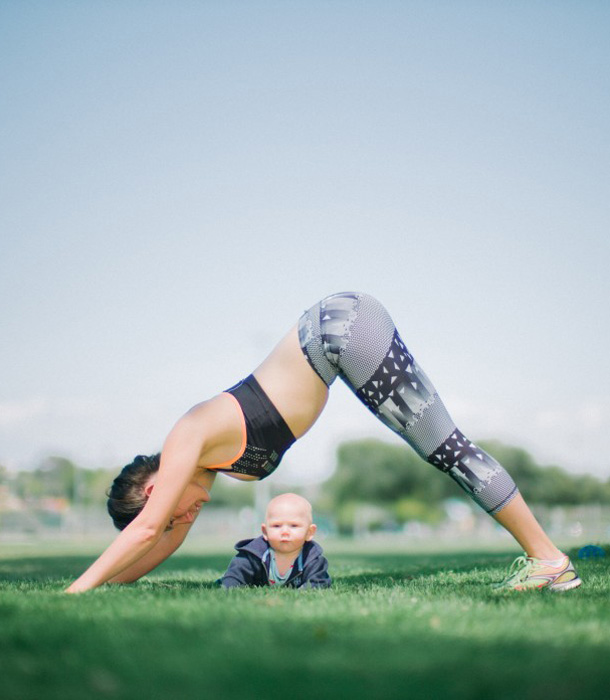
Time magazine found that more than 100 studies show "the most active women tend to have a 25 percent lower chance of developing" breast cancer than "the least active women." Lower body fat, which can be achieved in part through exercise, is critical for preventing breast cancer, since fatty tissue "is the primary source of hormones" that can be a major factor in developing the disease.
Taking DES during pregnancy
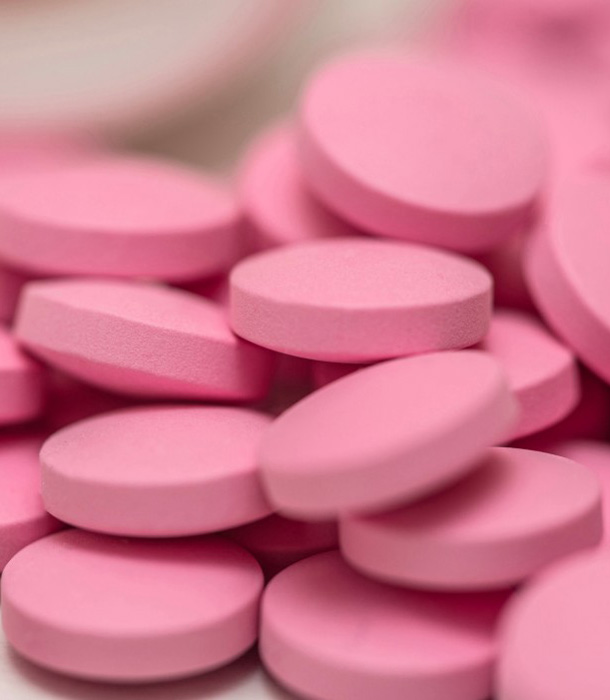
Diethylstilbestrol, or DES, is a synthetic form of estrogen that some women took during pregnancy between 1940 and 1971 in order to prevent miscarriage and premature labor, according to the National Cancer Institute. Ultimately, though, DES was found to be ineffective, so doctors stopped using it. Regardless, women whose mothers took DES have been shown to have a "slightly increased risk of breast cancer after age 40," based on the findings of a 2006 study.
Abortion

Researchers have found that induced abortions have "no overall effect on the risk of breast cancer." This is per the largest study on the topic that came out of Denmark in the 1990s, which the American Cancer Society called "very complete." The American Cancer Society also cites a more recent study out of Harvard that included 100,000 women between the ages of 29 and 46 who were followed for a decade, and it found "no link between either spontaneous or induced abortions and breast cancer."




